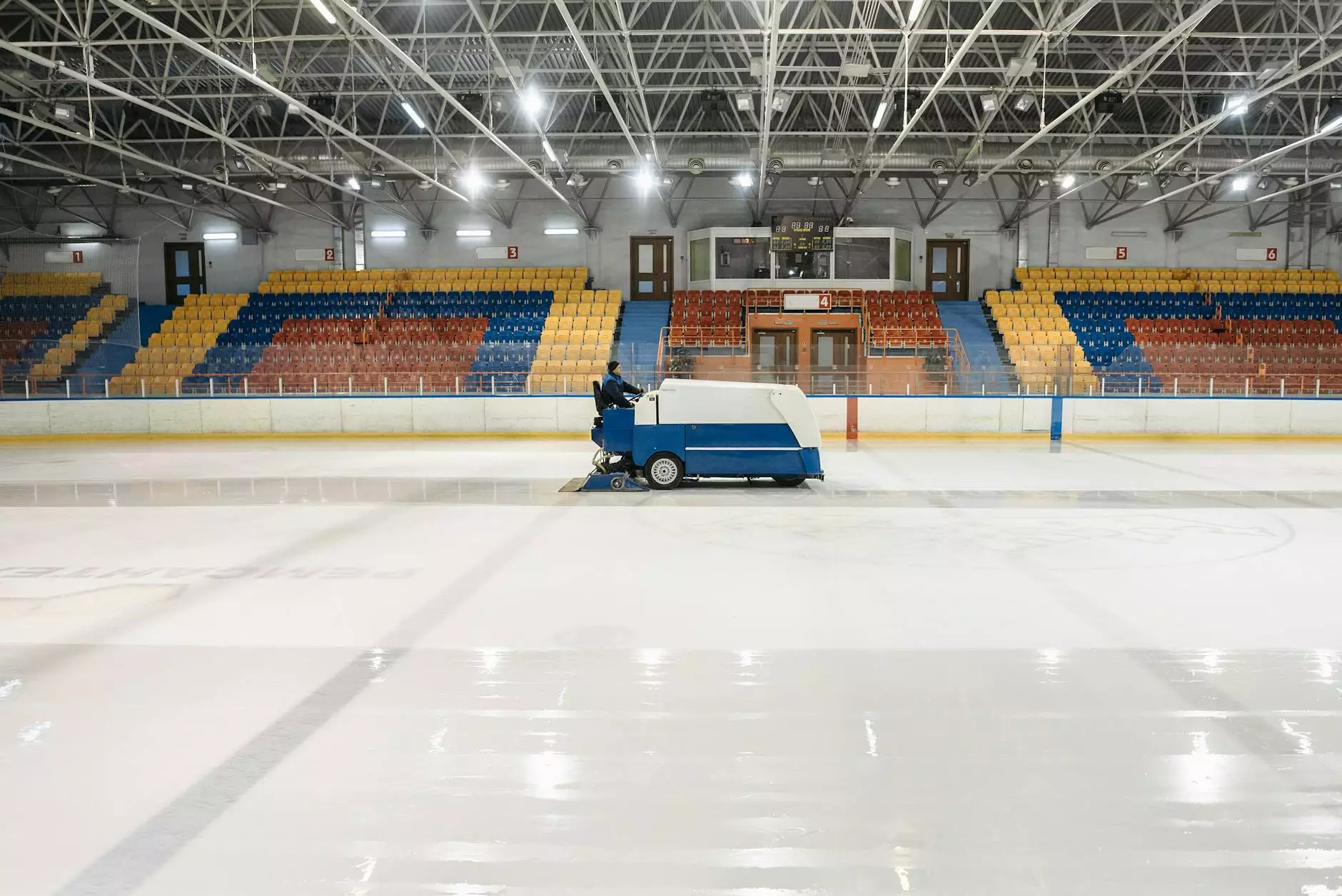Revitalizing Your Oasis: The Importance of Choosing the Right Pool Resurfacing Companies

As a homeowner or pool owner, maintaining a stunning and functional swimming pool is essential for both aesthetic appeal and safety. Over time, pools can become worn out, dull, or even dangerous due to cracks, stains, and surface deterioration. To combat this, many opt for pool resurfacing. However, finding reliable pool resurfacing companies is crucial for a successful renovation. This comprehensive guide will explore everything you need to know to make an informed decision, ensuring your pool remains the perfect summer sanctuary.
What is Pool Resurfacing?
Pool resurfacing involves repairing or replacing the surface of a swimming pool to restore its original beauty and functionality. This process can address various issues, such as:
- Cracks and chips in the surface
- Faded or stained surfaces
- Rough textures that can be uncomfortable for swimmers
- Algae buildup and persistent discoloration
Resurfacing transforms your pool into a safe and inviting space while extending its lifespan. Given the importance of this process, hiring the right pool resurfacing companies is crucial.
Why Resurface Your Pool?
The benefits of resurfacing your pool extend beyond just aesthetic improvements. Here are some compelling reasons to consider:
1. Enhanced Safety
A smooth, well-maintained pool surface is essential for the safety of your family and guests. Resurfacing eliminates hazards such as sharp edges, cracks, or uneven surfaces that can lead to falls or injuries.
2. Aesthetic Appeal
An inviting and beautiful pool enhances your backyard's overall aesthetic. Fresh resurfacing can revitalize faded colors, eliminate stains, and make your pool a centerpiece for gatherings.
3. Increased Property Value
A well-maintained pool adds value to your property. Should you ever decide to sell your home, prospective buyers will be drawn to a stunning, updated pool that requires little to no immediate work.
4. Improved Functionality
A professional resurfacing job not only enhances the beauty of your pool but also improves its functionality. A smooth surface allows for better water circulation and minimizes the potential for algae growth.
Choosing the Right Pool Resurfacing Company
Your choice of pool resurfacing companies can significantly impact the outcome of your renovation. Here are critical factors to consider when selecting the right professionals for your project:
1. Experience and Expertise
Look for companies with extensive industry experience. Depth of knowledge about various pool types, surfaces, and local conditions is essential for a successful project.
2. Reputation and Reviews
Research customer reviews and testimonials. A reputable company should have positive feedback from previous clients, indicating satisfaction with their work.
3. Range of Services
Choose a company that offers a variety of resurfacing options (e.g., plaster, pebble, quartz). This will allow you to select a finish that suits your aesthetic and budget.
4. Licenses and Insurance
Ensure the company is licensed and insured. This not only shows professionalism but also provides you with protection against potential mishaps during the resurfacing process.
5. Detailed Quotes
Get detailed quotes from multiple companies. This helps you understand the market rates and ensures there are no hidden costs involved in your project.
Pool Resurfacing Techniques
Different surfaces require specific resurfacing techniques. Below are some common methods used by pool resurfacing companies:
1. Plaster Resurfacing
This is one of the most popular and economical options for resurfacing. It involves applying a mixture of cement, sand, and water directly onto the existing surface. While it's affordable, plaster can be prone to staining and may not last as long as other materials.
2. Aggregate Resurfacing
Aggregate finishes include options like pebble or quartz. These surfaces are durable, easy to maintain, and provide a unique, textured look. Though initially more expensive, they offer enhanced longevity and aesthetic appeal.
3. Vinyl Liner Replacement
For vinyl pools, resurfacing typically involves replacing the old liner. This option is effective for repairing leaks and updating the look of the pool but must be done by experienced professionals to avoid future issues.
4. Fiberglass Resurfacing
Fiberglass pools can be resurfaced with gel coatings that renew their shine and protect against damage. This method is excellent for pools that have minor surface imperfections.
Cost of Pool Resurfacing
The cost of resurfacing your pool can vary significantly depending on several factors, including surface type, pool size, and the pool resurfacing companies you choose. Here is a breakdown of average costs depending on material:
- Plaster: $3,000 to $7,000
- Aggregate: $5,000 to $15,000
- Vinyl Liner: $1,500 to $5,000 (depending on size)
- Fiberglass Coating: $2,000 to $6,000
Always consult with multiple companies to get estimates specific to your project. This will help you budget accurately and avoid overspending.
Maintenance After Resurfacing
- Regular Cleaning: Keep your pool clean to prevent staining and build-up.
- Water Chemistry: Monitor and balance pH levels to protect the surface.
- Prompt Repairs: Address any signs of wear and tear immediately to prevent further damage.
- Professional Inspections: Schedule annual inspections with pool resurfacing companies for expert advice.
Conclusion: Transform Your Pool with Expert Resurfacing
In conclusion, selecting the right pool resurfacing companies will make a significant difference in the quality and longevity of your pool renovation. By understanding the resurfacing process, potential costs, and maintenance requirements, you can ensure that your swimming pool remains a safe, stunning, and functional oasis for years to come.
For expert services and a perfect finish, visit poolrenovation.com. Invest in your pool today and enjoy the beauty and safety it brings to your home.









